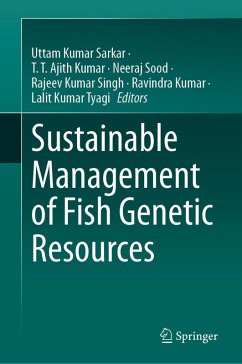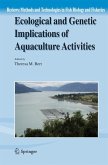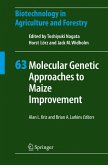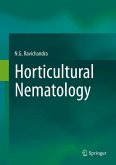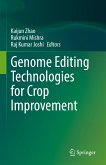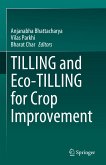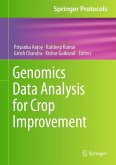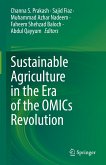This book explores fish genetic resources while emphasizing the importance of genetic diversity for the sustainability of global fish populations. Amidst challenges like overfishing and climate change, preserving fish genetic resources is vital. This book acts as a resource guide and provides an overview of fish genetics, conservation challenges, and sustainable strategies. This work is a call to action, aiming to bridge scientific research with practical application, guiding readers towards sustainable management of fish genetic wealth. It also contains several case studies that highlight the successes and lessons from past conservation efforts. The promotion of sustainable practices also advocates for holistic strategies benefiting the environment and human communities. The technological insights covered in the book, introduce the latest fish genetics research and its conservation applications. It also addresses the national and international frameworks for fish genetic resource conservation.
This book covers educational tools designed for students, researchers, professionals and policy makers in advanced aquatic biology and fisheries management.
Dieser Download kann aus rechtlichen Gründen nur mit Rechnungsadresse in A, B, BG, CY, CZ, D, DK, EW, E, FIN, F, GR, HR, H, IRL, I, LT, L, LR, M, NL, PL, P, R, S, SLO, SK ausgeliefert werden.

